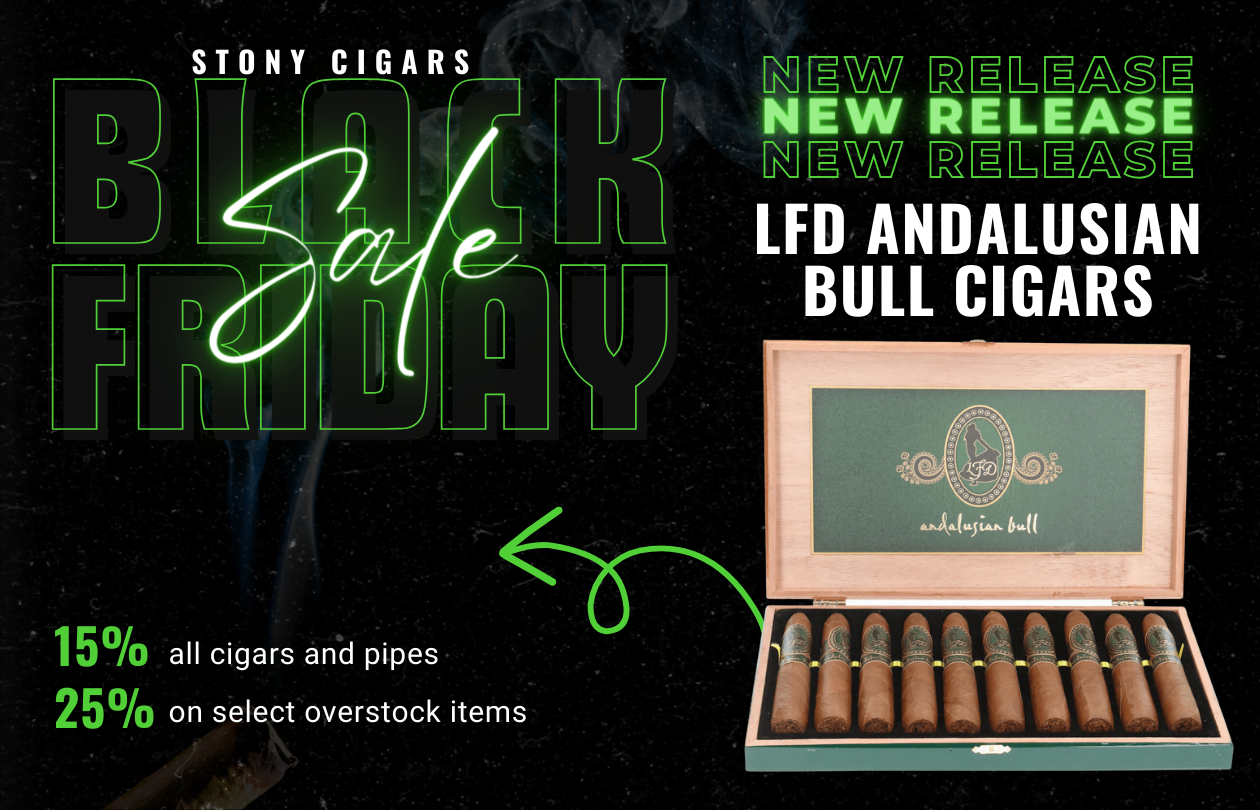The tobacco industry operates within a complex regulatory landscape shaped by evolving public health concerns, legislative changes, and international agreements. Navigating this intricate web of regulations is essential for businesses operating within the tobacco sector, whether they are manufacturers, retailers, or distributors.
In this guide, we’ll explore the dynamic world of tobacco industry regulations, offering insights into key policies, compliance requirements, and emerging trends that shape the business environment.
From product labeling and advertising restrictions to taxation policies and emerging regulatory frameworks for new tobacco products, this guide will provide stakeholders with the knowledge and tools needed to navigate the ever-changing regulatory landscape effectively.
Whether you’re a seasoned industry professional or new to the field, get ready to dive deep into the complexities of tobacco industry regulations and stay ahead of the curve in this dynamic sector.
Tobacco Industry Regulations Under the Spotlight
The Evolution of Tobacco Industry Regulations

The tobacco industry has a long and storied history, dating back centuries. The evolution of tobacco industry regulations can be traced back to the early 20th century when governments first recognized the need to control the production, sale, and marketing of tobacco products.
Initially, regulations focused on issues such as labeling requirements and health warnings on cigarette packages. As scientific research continued to uncover the dangers associated with smoking, governments around the world began implementing stricter measures. These included restrictions on advertising and sponsorship, bans on smoking in public places, and increased taxes on tobacco products.
One significant milestone in tobacco regulation was the adoption of the Framework Convention on Tobacco Control (FCTC) by the World Health Organization (WHO) in 2003. The FCTC is an international treaty that aims to reduce tobacco-related deaths and diseases by implementing a comprehensive set of measures. These include price and tax increases, smoke-free policies, warning labels, and restrictions on advertising.
Since then, there has been a global shift towards more stringent regulations in an effort to combat the health consequences associated with tobacco use. Governments have taken steps to protect vulnerable populations such as children and pregnant women from exposure to secondhand smoke. They have also implemented measures to discourage youth initiation into smoking through plain packaging requirements and graphic warning labels.
Impact of Public Health Policies on the Tobacco Industry

The implementation of public health policies has had a profound impact on the tobacco industry. As regulations become more stringent, companies have had to adapt their business practices or face significant financial consequences.
Advertising restrictions have been particularly impactful for tobacco companies. In many countries, they are prohibited from using traditional marketing channels such as television, radio, and billboards. Instead, they have had to shift their focus to alternative platforms such as social media and point-of-sale promotions. However, even these avenues are subject to strict regulations, limiting the industry’s ability to reach potential consumers.
Furthermore, the introduction of plain packaging requirements has stripped tobacco companies of their ability to use branding as a means of attracting customers. Instead, all cigarette packages must adhere to standardized designs that prominently display health warnings. This has leveled the playing field and made it more difficult for companies to differentiate their products based on packaging alone.
Increased taxes on tobacco products have also had a significant impact on the industry. Higher prices make cigarettes less affordable for consumers, leading to decreased demand. This has forced companies to explore new markets and diversify their product offerings in order to maintain profitability.
Ethical Considerations in Tobacco Regulation

Tobacco regulation raises a host of ethical considerations that must be carefully navigated by governments and industry players alike. On one hand, there is a moral imperative to protect public health and reduce the harm caused by tobacco use. On the other hand, there are economic considerations and individual freedoms that need to be taken into account.
One ethical dilemma revolves around the balance between personal choice and societal well-being. While individuals have the right to make decisions about their own health behaviors, smoking imposes significant costs on society in terms of healthcare expenses and lost productivity. Striking a balance between personal autonomy and public health is a complex task that requires careful deliberation.
Another ethical consideration is the influence of tobacco companies on policy-making processes. The industry has historically been known for its aggressive lobbying efforts aimed at undermining or diluting regulations. Governments must remain vigilant in ensuring transparency and preventing undue influence from commercial interests.
Global vs. Local Regulatory Frameworks

Tobacco industry regulations vary significantly from country to country, reflecting the unique cultural, social, and economic contexts in which they are implemented. While some countries have implemented comprehensive tobacco control measures in line with international standards, others have been slower to act.
Global regulatory frameworks such as the FCTC provide a foundation for countries to develop their own tobacco control policies. However, the level of implementation and enforcement can vary widely. In some cases, weaker regulations may be the result of political or economic pressures that prioritize industry interests over public health.
Local regulatory frameworks also play a crucial role in shaping the tobacco industry landscape. States and municipalities often have the power to enact stricter regulations than those imposed at the national level. This has led to a patchwork of regulations within countries, with some areas implementing more stringent measures than others.
Advertising Restrictions and Marketing Practices

Advertising restrictions have been one of the most effective tools in reducing tobacco consumption. By limiting the industry’s ability to promote its products, governments aim to reduce exposure and discourage initiation among vulnerable populations.
In many countries, tobacco advertising is banned on television, radio, print media, and billboards. However, companies have found ways to circumvent these restrictions by shifting their marketing efforts online. Social media platforms provide an avenue for targeted advertising and engagement with consumers.
Marketing practices within the tobacco industry have also evolved in response to regulatory changes. Companies now focus on creating brand experiences through events and sponsorships that are not subject to advertising restrictions. By associating their brands with lifestyle choices or cultural events, they aim to maintain visibility without violating regulations.
Product Packaging Requirements and Design Innovations

The introduction of plain packaging requirements has been a significant development in tobacco regulation. Plain packaging aims to reduce the appeal of tobacco products by removing branding elements and replacing them with standardized designs and prominent health warnings.
Tobacco companies have responded to this challenge by exploring innovative packaging designs that comply with regulations while still attracting consumers. They have experimented with different shapes, colors, and textures to create a tactile experience for users. Some companies have also introduced limited edition packaging or collector’s items to maintain brand loyalty.
Design innovations extend beyond packaging to the products themselves. Tobacco companies have introduced new formats such as heat-not-burn devices and e-cigarettes as alternatives to traditional cigarettes. These products are subject to their own set of regulations, but they offer an opportunity for companies to diversify their offerings and tap into new markets.
Compliance Challenges Faced by Tobacco Businesses

Complying with tobacco industry regulations presents numerous challenges for businesses operating in this sector. The complex and ever-changing nature of regulations requires constant monitoring and adaptation.
One challenge is the need for extensive resources dedicated to regulatory compliance. Companies must invest in research and development, legal expertise, and marketing strategies that align with evolving guidelines. This can be particularly burdensome for small businesses that may lack the financial resources of larger corporations.
Another compliance challenge is the global nature of the tobacco industry. Companies that operate in multiple countries must navigate a patchwork of regulations, each with its own unique requirements. This requires a deep understanding of local laws and customs, as well as robust systems for monitoring compliance across borders.
Industry Responses to Regulatory Changes

The tobacco industry has responded to regulatory changes in various ways, often employing strategies aimed at maintaining profitability while complying with guidelines.
One common response is product diversification. As traditional cigarette sales decline due to increased regulation and changing consumer preferences, companies have sought to expand their offerings. This includes the development and marketing of alternative tobacco products such as e-cigarettes, vaping devices, and smokeless tobacco.
Companies have also invested in research and development to create reduced-risk products. These products aim to provide consumers with a less harmful alternative to traditional cigarettes while still satisfying their nicotine cravings. However, the long-term health effects of these products are still being studied, and regulations surrounding them continue to evolve.
In addition to product diversification, companies have also focused on expanding into new markets. As regulations tighten in some countries, others present opportunities for growth. Emerging economies with less stringent tobacco control measures have become attractive targets for industry players looking to offset declining sales in more regulated markets.
Innovation and Diversification in the Tobacco Sector

The tobacco industry has a long history of innovation and adaptation in response to changing regulations. As restrictions on traditional cigarettes increase, companies have sought out new avenues for growth.
One area of innovation is technology. The development of electronic cigarettes and other vaping devices has created a new market segment that appeals to consumers looking for alternatives to traditional smoking. These devices heat liquid containing nicotine, creating an aerosol that is then inhaled by the user.
Another area of diversification is smokeless tobacco products such as snus and chewing tobacco. These products are consumed without combustion, reducing exposure to harmful chemicals associated with smoking. They have gained popularity in regions where traditional cigarette use is declining or subject to strict regulations.
Furthermore, companies have explored partnerships with other industries such as pharmaceuticals or consumer goods. By leveraging existing distribution networks or brand recognition, they can reach new audiences and expand their market share.
Conclusion: Navigating the Future Landscape of Tobacco Industry Regulations
The future landscape of tobacco industry regulations is likely to be shaped by ongoing efforts to reduce the harm caused by tobacco use. Governments will continue to implement measures aimed at protecting public health, while industry players will adapt and innovate to meet changing consumer demands.
As the tobacco industry undergoes regulatory changes, Stony Cigars remains steadfast in providing exceptional products and service to our valued customers. Whether you’re a seasoned aficionado or new to the world of cigars, Stony Cigars is here to guide you through the evolving landscape with our premium selection of cigars and expertise. Contact us through our website form or call 770-702-5123 to explore our offerings and experience the finest cigars tailored to your preferences.






